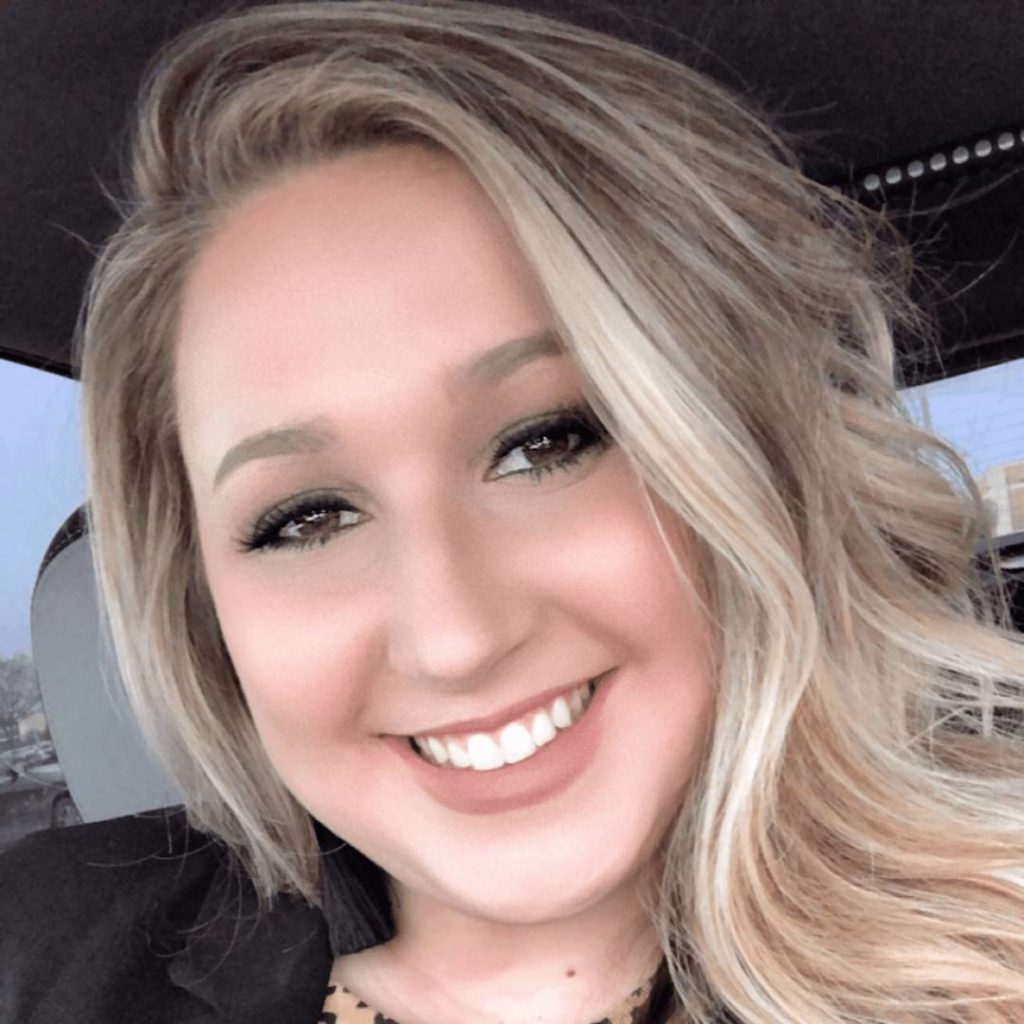Describe your life prior to diagnosis:
I was constantly going to the bathroom after every meal or snack. I had to take Tylenol every four hours on the dot, because if I didn’t I’d get a very severe headache that was miserable and didn’t go away unless I slept. I was also always taking Prilosec as I had terrible indigestion, or at least what I thought was indigestion. I was gaining weight, had no energy, and my legs were consistently covered in a rash.
How long did it take for you to get diagnosed since your first symptoms and what (if any) challenges did you face along the way?
I probably had celiac disease for over 10 years, but was just managing the symptoms and didn’t even know it. However, the time from my first doctor appointment to my final diagnosis was about 2–3 months.
Do you believe anything could have sped up your diagnosis? If so, please explain:
Absolutely—I went to the doctor quite often because I have issues with my thyroid. I brought up the symptoms I was having and apparently the only fix for it was Prilosec. So, per my doctor, I took one Prilosec in the morning and one in the evening. This went on for about 9 months until finally my symptoms got bad enough that I was leaving work early and missing out on life events because I just didn’t feel good.
How is life after diagnosis?
It has been a rough ride. We now know the exact symptoms I have when I get glutened, but it’s tough knowing what restaurants we can eat at, reading every ingredient on food labels and keeping a very clean kitchen to limit cross-contact as much as possible. It was a complete 180 to what I was used to, but it’s doable.
I have enjoyed being gluten-free because I feel so much better, but it’s also a struggle because, for things like holidays or work meetings, you have to speak up for yourself and let people know there are certain places you don’t want to eat at—or can’t—since you’ve gotten sick there before. The most frustrating part of it all is not having very much support.
Is there anything else you’d like to add to your story?
Some people think celiac disease is all in the mind and that you just get a little stomach ache when you eat half a piece of bread, but it is so much more than that. I’ve heard of some people taking days to recover. I know I don’t feel good for at least two days after. It’s more than a stomach ache: it’s brain fog, it’s sleeping in your bathroom because you’re not sure if you’re going to throw up, it’s not wanting to move because your stomach is cramping unless you lay in that one position in bed with the heating pad on.
Living with celiac disease is a challenge, but I will take being gluten-free over feeling like crud the rest of my life.



